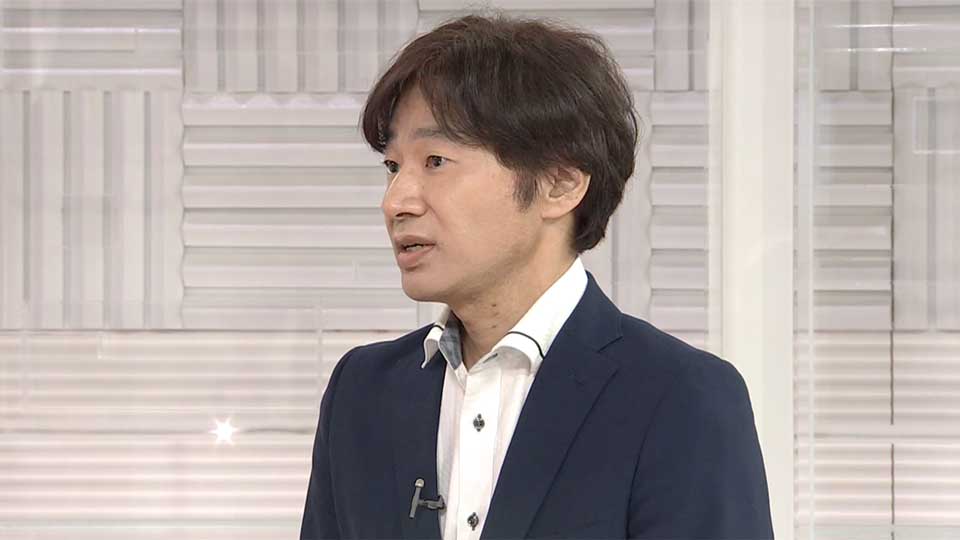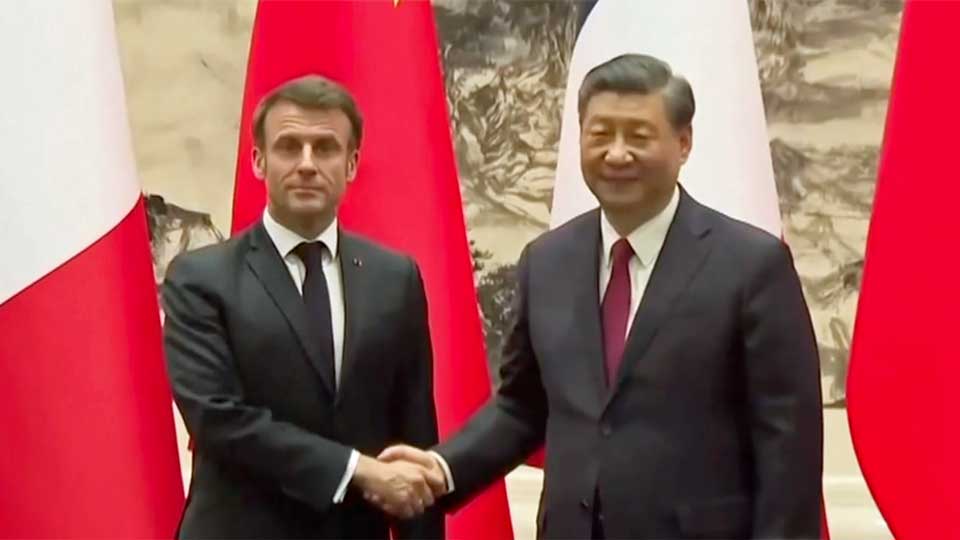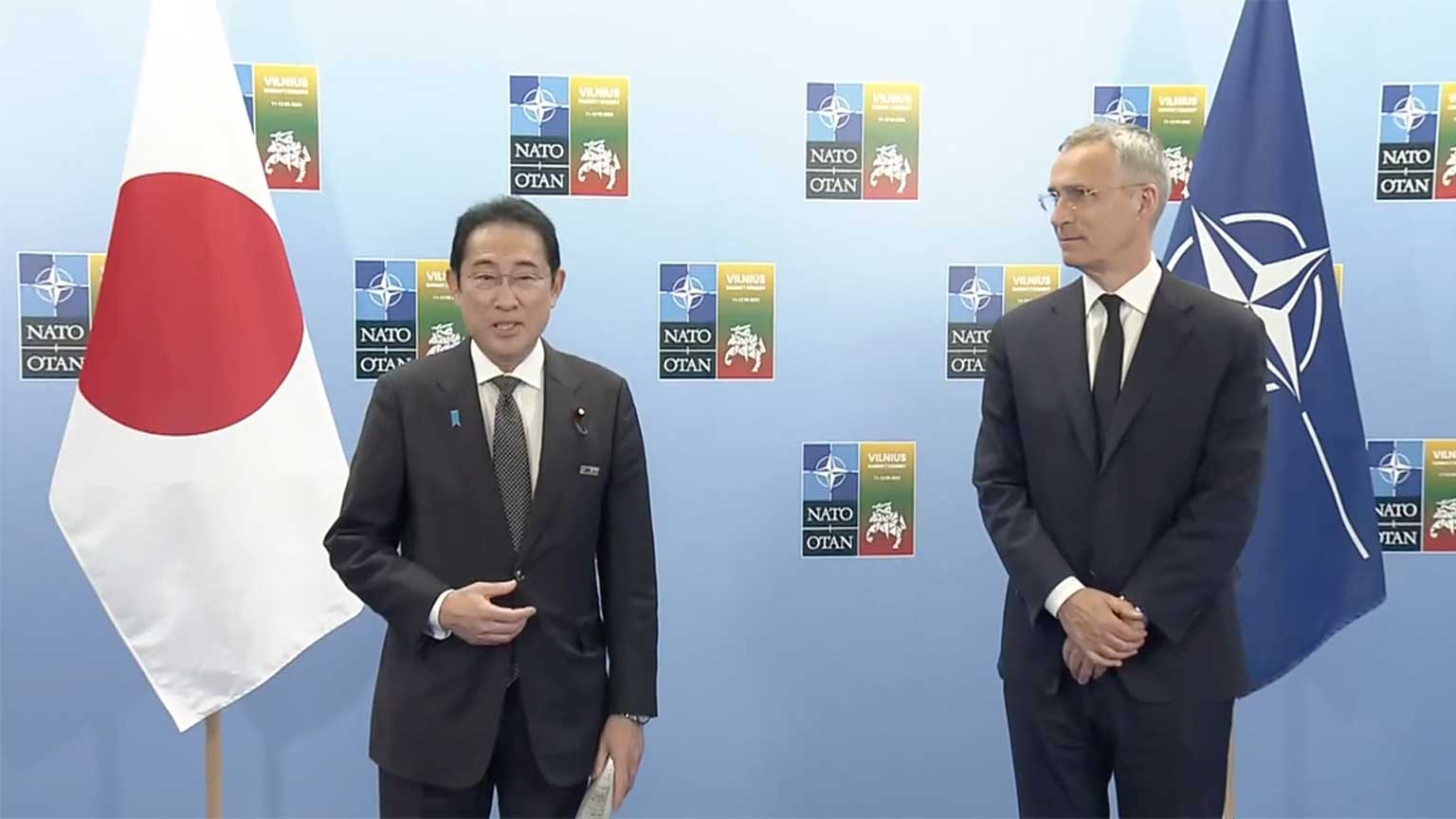Last summer, Kishida became the first Japanese leader to attend a meeting of the alliance. This time he pledged Tokyo's continued support of Ukraine, and called for greater coordination between Japan and NATO.
Kishida met with NATO Secretary General Jens Stoltenberg on the summit's sidelines. They issued a statement outlining how Japan and the alliance will cooperate in the future.
NHK World senior commentator Masuda Tsuyoshi analyzes why Kishida took part in the summit.

Masuda says, "Russia's invasion of Ukraine has a ripple effect in East Asia, too. China has been stepping up its military activities around Taiwan. It has also grown bolder in the East and South China Seas.
Kishida has always stressed that what's happening in Ukraine today could happen in East Asia tomorrow. To him it's two sides of the same coin. Japan wants NATO on its side if only to deter China."
Masuda adds, "NATO is also worried about Beijing. It sees China's economic and military power as a challenge to NATO's security.
China's military support for Russia is also concerning. The joint statement Kishida released with Stoltenberg raises concerns about potential military cooperation between the two powers. Japan's relationship with NATO can be seen as an answer to that threat."
Masuda says talk of a possible NATO liaison office in Tokyo seems to have stalled. He says, "Opening a new office requires unanimous NATO support.
But French President Emmanuel Macron opposes the idea. He says NATO is supposed to focus on the North Atlantic region.
France also has strong economic ties with China and may not want to risk provoking Beijing.

But some experts say NATO should open a Tokyo office anyway. They say withdrawing the plan just because China is against it would set an unfavorable precedent."

